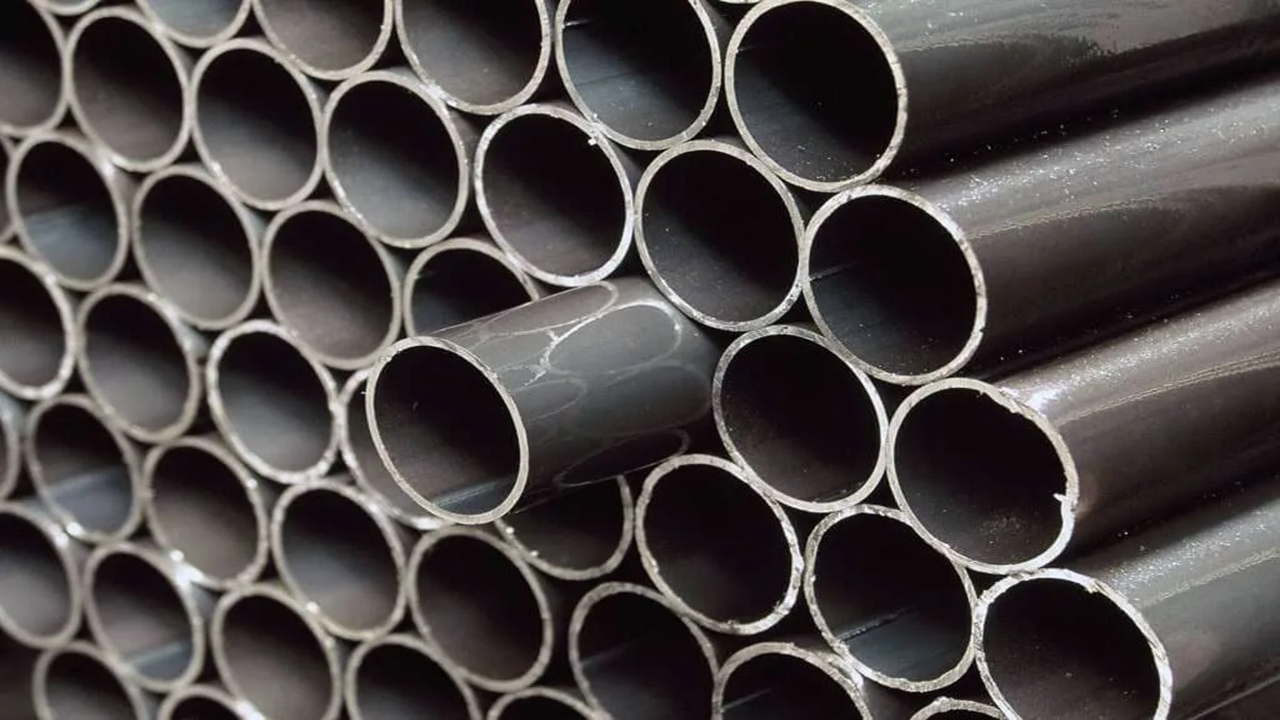Titanium is an extra strong and very lightweight material that is used in the aerospace, automotive, and military industry. It is also used in medical devices for making implants due to its strength, durability, and lightweight. It has a high resistance to corrosion, which makes it suitable for use in harsh environments.
However, titanium implants are expensive because they require a lot of time to produce. The titanium flange strength refers to how much force it takes for an implant piece to break from the surface of the implant piece itself.
Titanium flanges are generally used in industrial applications where there is high pressure or temperature around the flange. These flanges have an operating temperature range of -20°C to 300°C and an operating pressure range of up to 4500psi. Titanium’s strength-to-weight ratio which is about 30 times greater than steel’s, makes it an ideal material for aerospace components as well as for use in automotive and marine applications.
Titanium also has a higher tensile strength than steel and can withstand greater elastic energy before it breaks or bends. It also has better fatigue resistance against both tension and compression, which means it lasts longer before breaking down or bending out of shape under forces. Titanium is lighter than steel making it more durable as well as cheaper to produce with less scrap material needed for recycling.
Factors Affecting Titanium Flange Strength and Durability
Titanium flanges are typically used in air conditioning systems, aircraft engines, gearboxes, and landing, and other high-performance equipment. Titanium flanges are generally designed to be stronger and durable than steel or aluminum flanges. It is because they can withstand higher temperatures without losing their structural integrity.
The factors that affect the durability of titanium flanges include:
1) The type of material used for the flange
2) The thickness of the material
3) The size of the hole drilled in the bottom part
Titanium flanges are strong but they can be very vulnerable to corrosion if not properly designed. The titanium alloy used in these parts has to be certified by the government agencies before it can be sold to manufacturers or consumers.
How to Get Higher Strength on a Titanium Flange?
Titanium is the most preferrable material to use for flanges. It is strong and durable. But, what if your titanium flange has a weak area? You can use the following methods to increase the strength of your flange.
- Increase the thickness of the flange by using thicker material
- Increase the depth of the flange by using deeper material
- Increase the length of the flange by using longer material
- Decrease surface area by using fewer and smaller teeth
Some of these factors are related to how hard or tough the titanium flange is. Titanium can also be hardened through heat treatment methods such as annealing or quenching. So if you want to increase the hardness of your titanium flange you should use a harder material like Inconel 625 or stainless steel for example.
Tips to Increase the Durability of Your Titanium Flanges
Titanium is a very durable material that has been used in many industries for decades. It is one of the most preferred materials because of its strength and light weight.
With that being said, it is important to take care of your titanium flanges to increase their durability. You can achieve this by:
- Use high-quality titanium grade 2 or 3
- Use a heat treatment process before welding
- Be careful with the heat during welding
- Use an anti-corrosive coating on your titanium flanges
- Keep your flanges away from corrosive fluids and chemicals
- Do not use a torch when welding
- Make sure the welding machine you are using is compatible with the thickness of your titanium
Order your titanium flanges today from HeleTitanium Engineering and Materials for affordable prices and standard quality.













